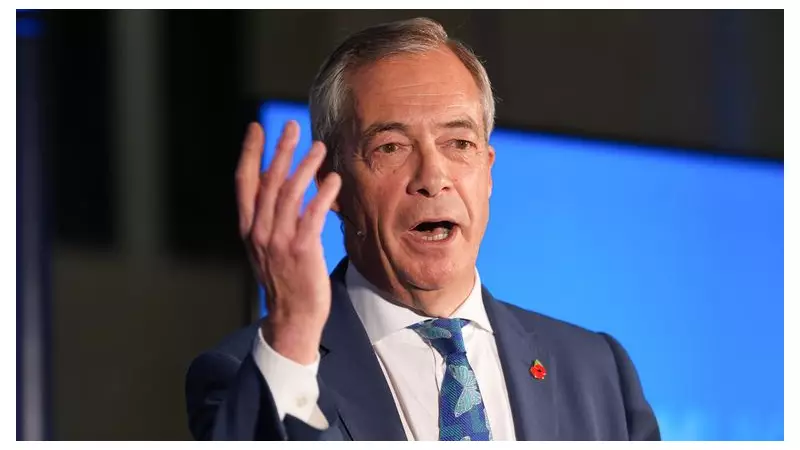
In a dramatic political pivot that has left his traditional base questioning their allegiance, Nigel Farage has embarked on a remarkable economic transformation that appears to distance him from the very supporters who propelled him to prominence.
The City charm offensive
Once the champion of anti-establishment rhetoric, the Reform UK leader now openly courts the very institutions he previously criticised. His recent appearances in the heart of London's financial district mark a significant departure from his longstanding position as political outsider.
"We need to encourage investment from around the world into the City of London," Farage declared during a recent interview, signalling a new approach that prioritises financial sector growth over his traditional anti-big business stance.
Core supporters express dismay
The strategic shift hasn't gone unnoticed among Farage's most loyal followers. Longtime supporters who backed his Brexit campaign and anti-establishment message now find themselves grappling with his apparent embrace of corporate interests.
"It feels like a betrayal of everything we stood for," one disillusioned voter commented, capturing the sentiment of many who feel their champion has changed direction.
Electoral strategy or genuine conversion?
Political analysts suggest Farage's economic repositioning represents a calculated attempt to broaden Reform UK's appeal beyond its traditional base. With the Conservative Party struggling in polls, Farage appears to be targeting disaffected Tory voters and business leaders.
However, this strategy carries significant risk. By softening his stance on corporate taxation and financial regulation, Farage risks alienating the working-class voters who formed the bedrock of his support during the Brexit campaign.
The immigration paradox
Complicating matters further is Farage's continued hardline position on immigration, which sits uneasily alongside his new business-friendly economic approach. Employers in sectors ranging from hospitality to technology have consistently argued for more flexible immigration policies to address labour shortages.
This creates a potential contradiction in Farage's platform: how to reconcile restrictive immigration policies with the needs of businesses he now seeks to champion.
What lies ahead for Reform UK?
The coming weeks will prove crucial in determining whether Farage's economic pivot represents smart political repositioning or a fundamental miscalculation. With the general election approaching, his ability to maintain coalition of working-class supporters and business interests will be tested like never before.
As one political commentator noted: "Farage is playing a dangerous game. In reaching for new voters, he may lose the ones who made him relevant in the first place."
The ultimate success or failure of this strategy will not only determine Reform UK's electoral fortunes but could reshape the British political landscape for years to come.





